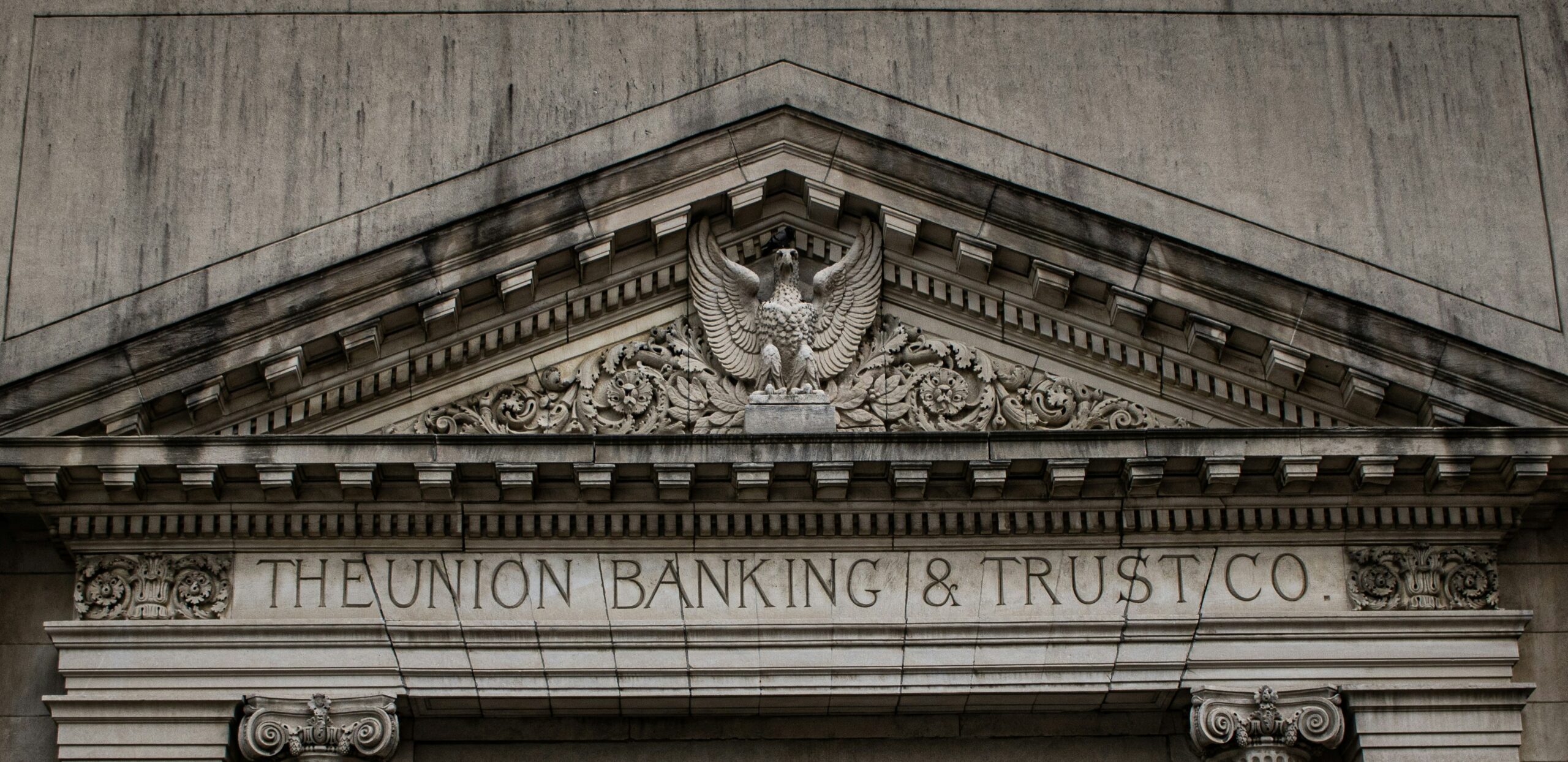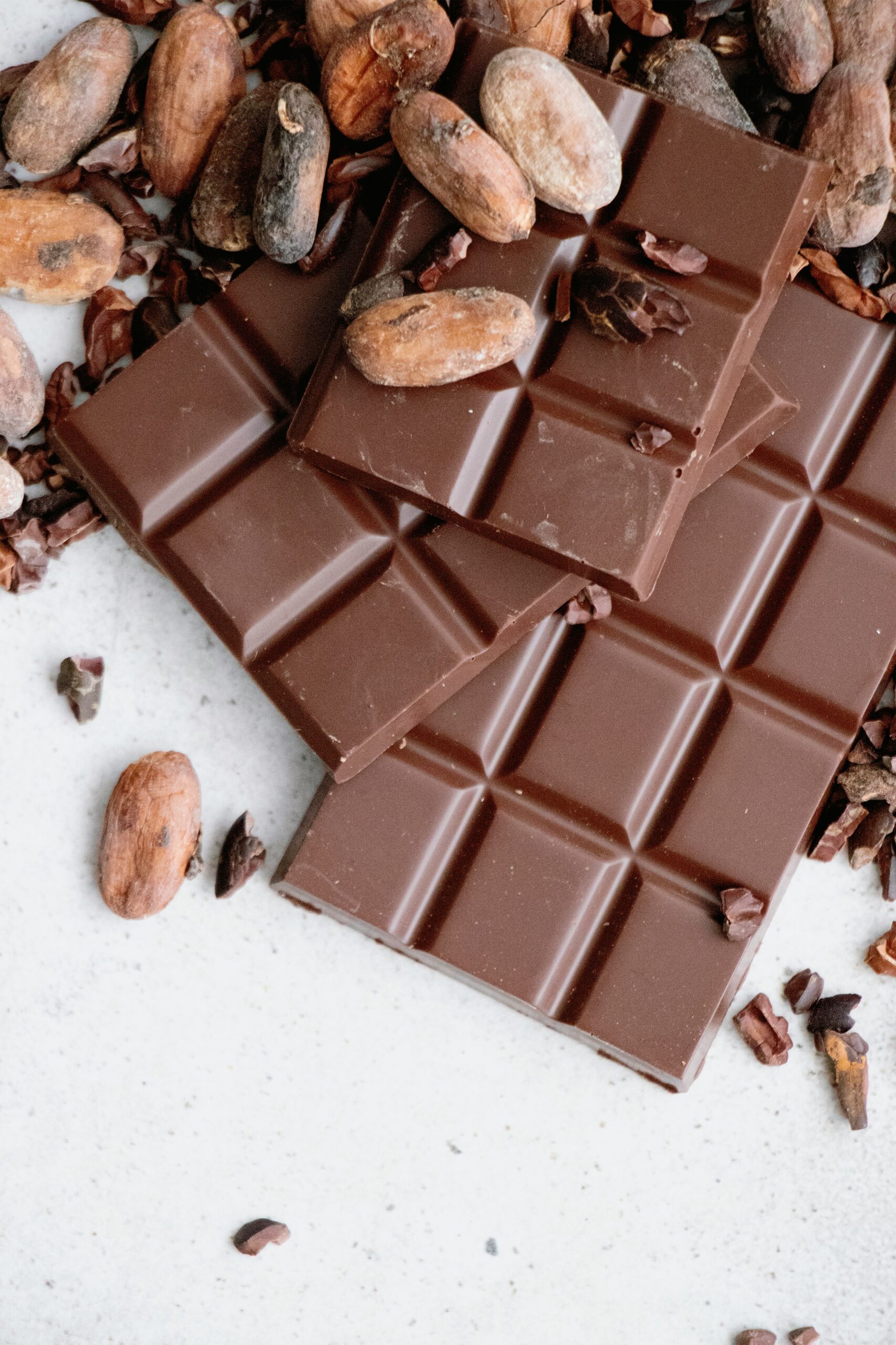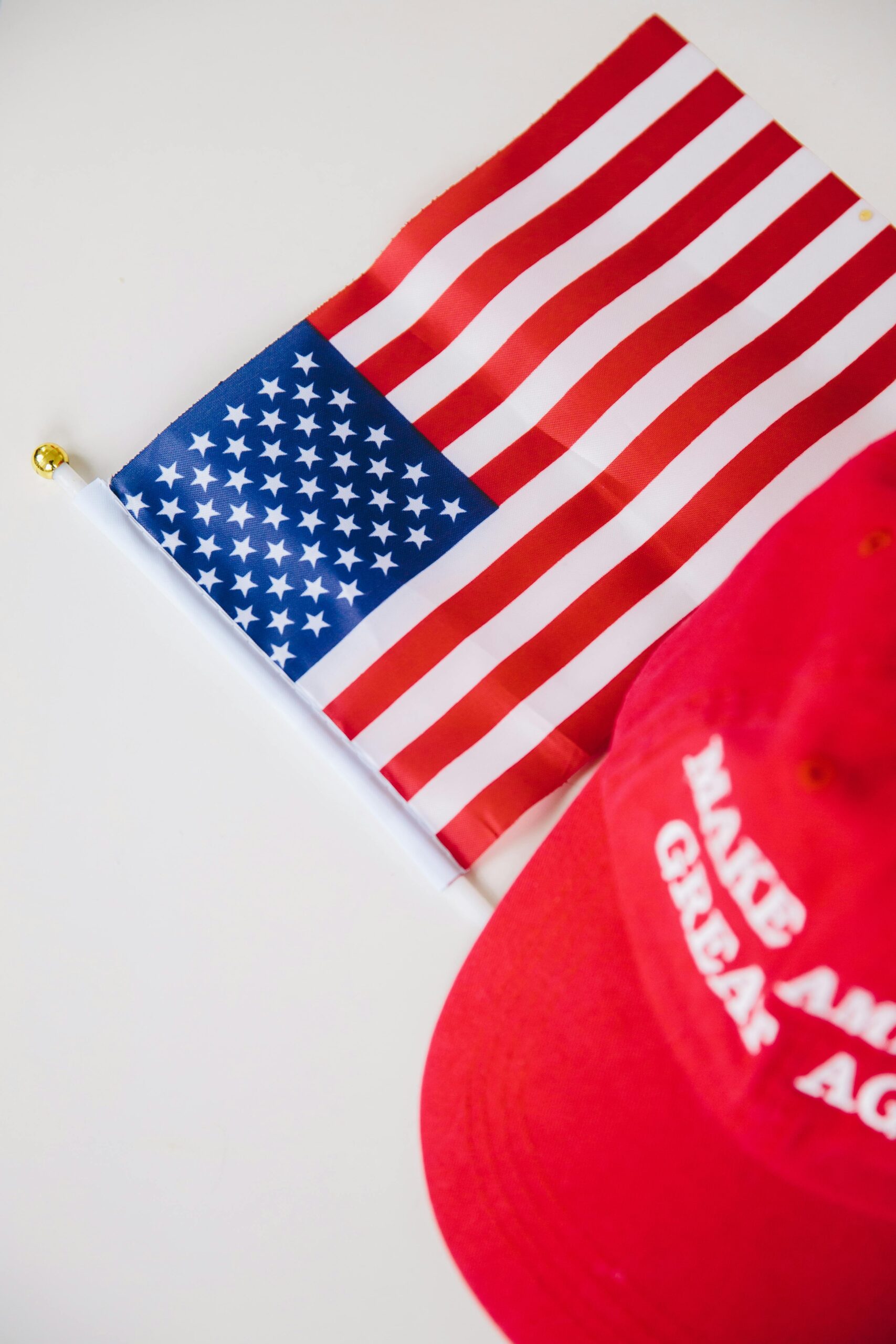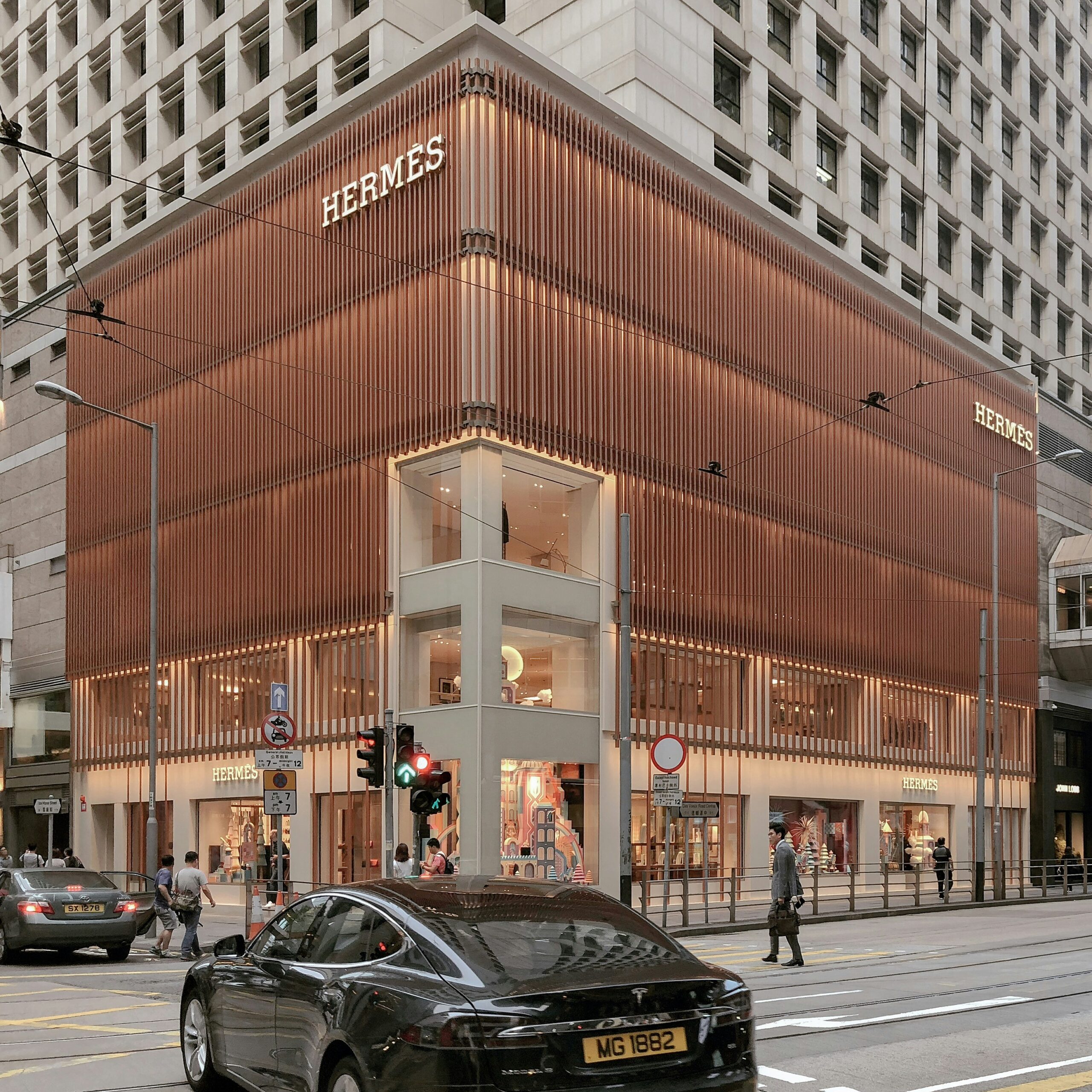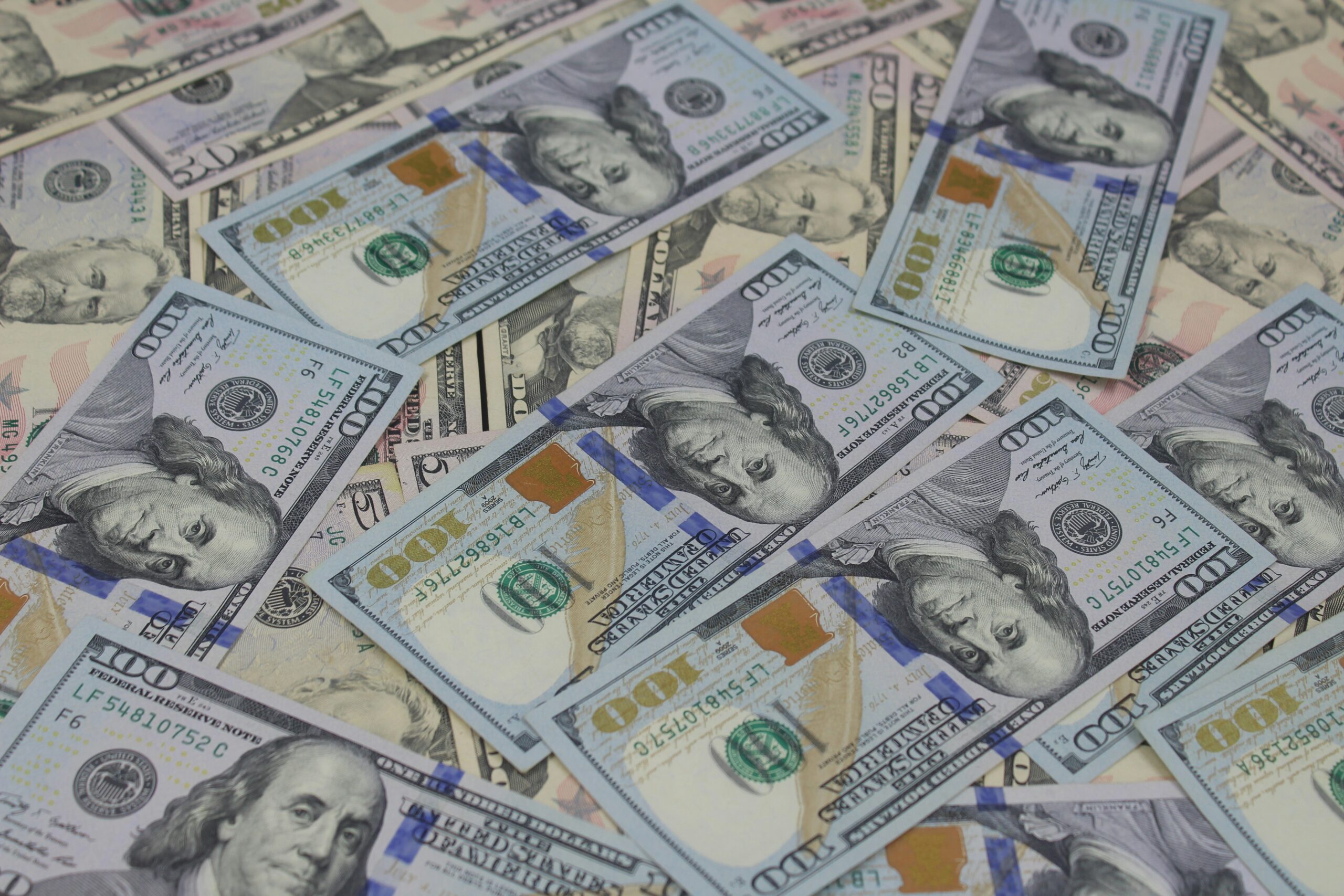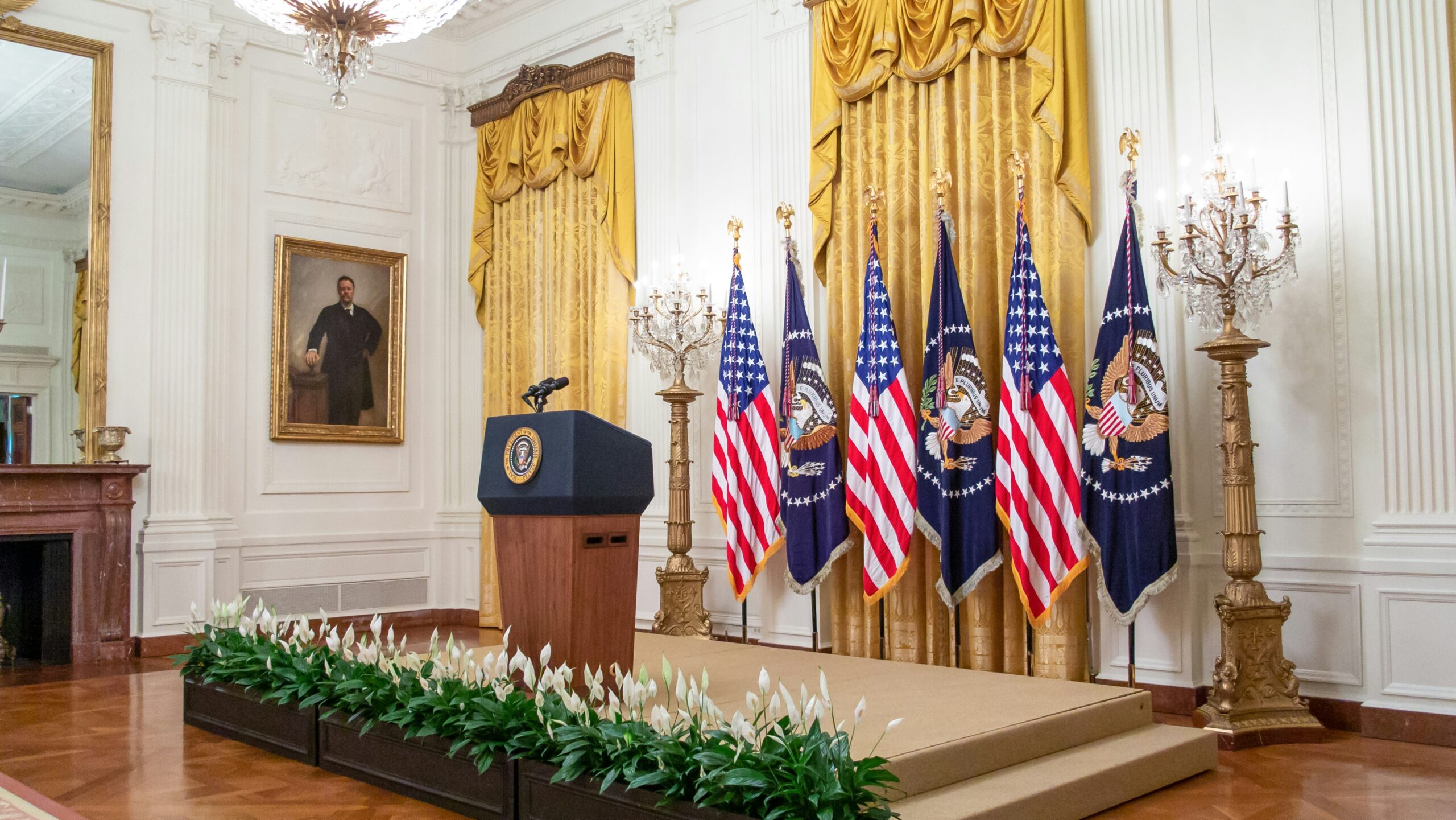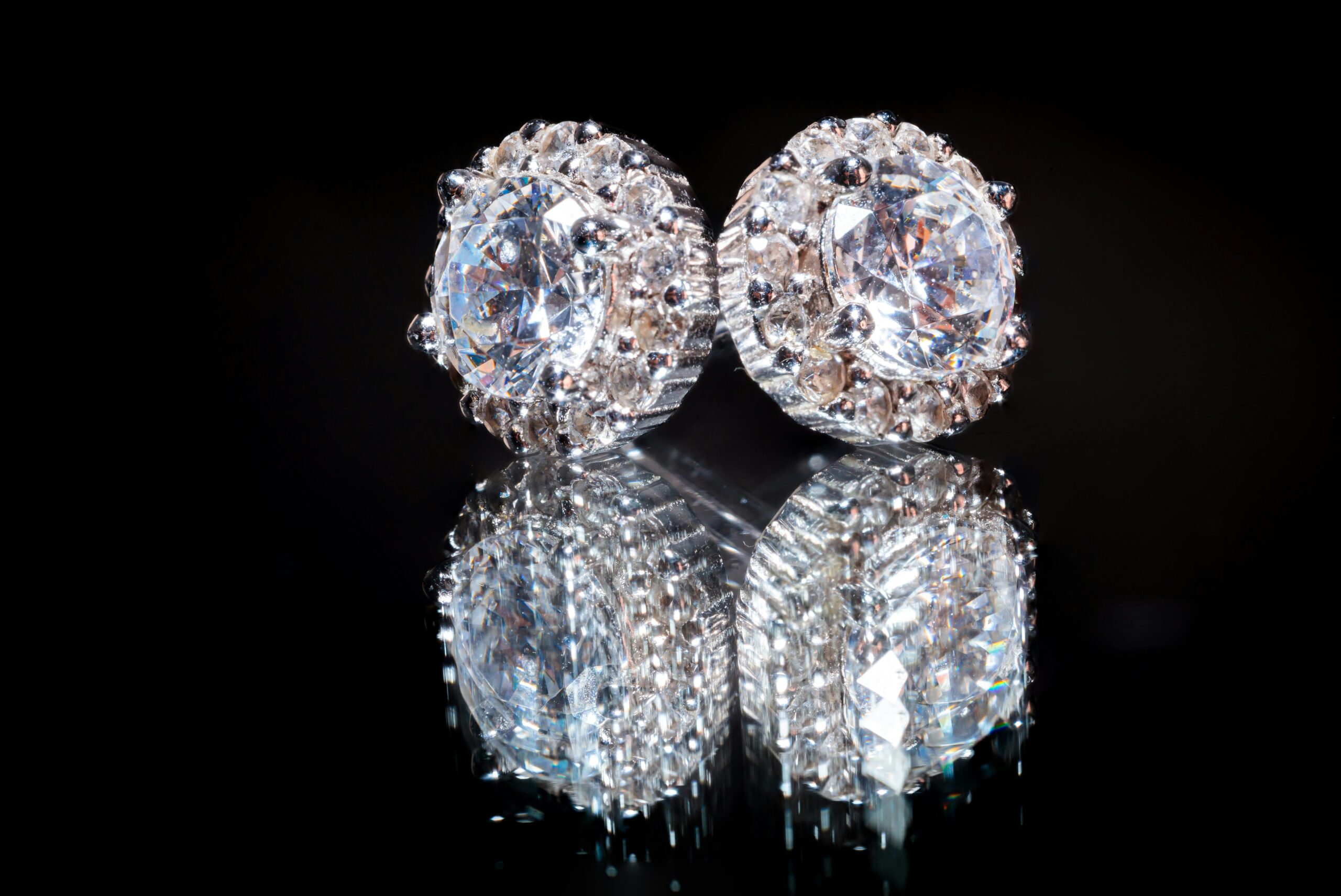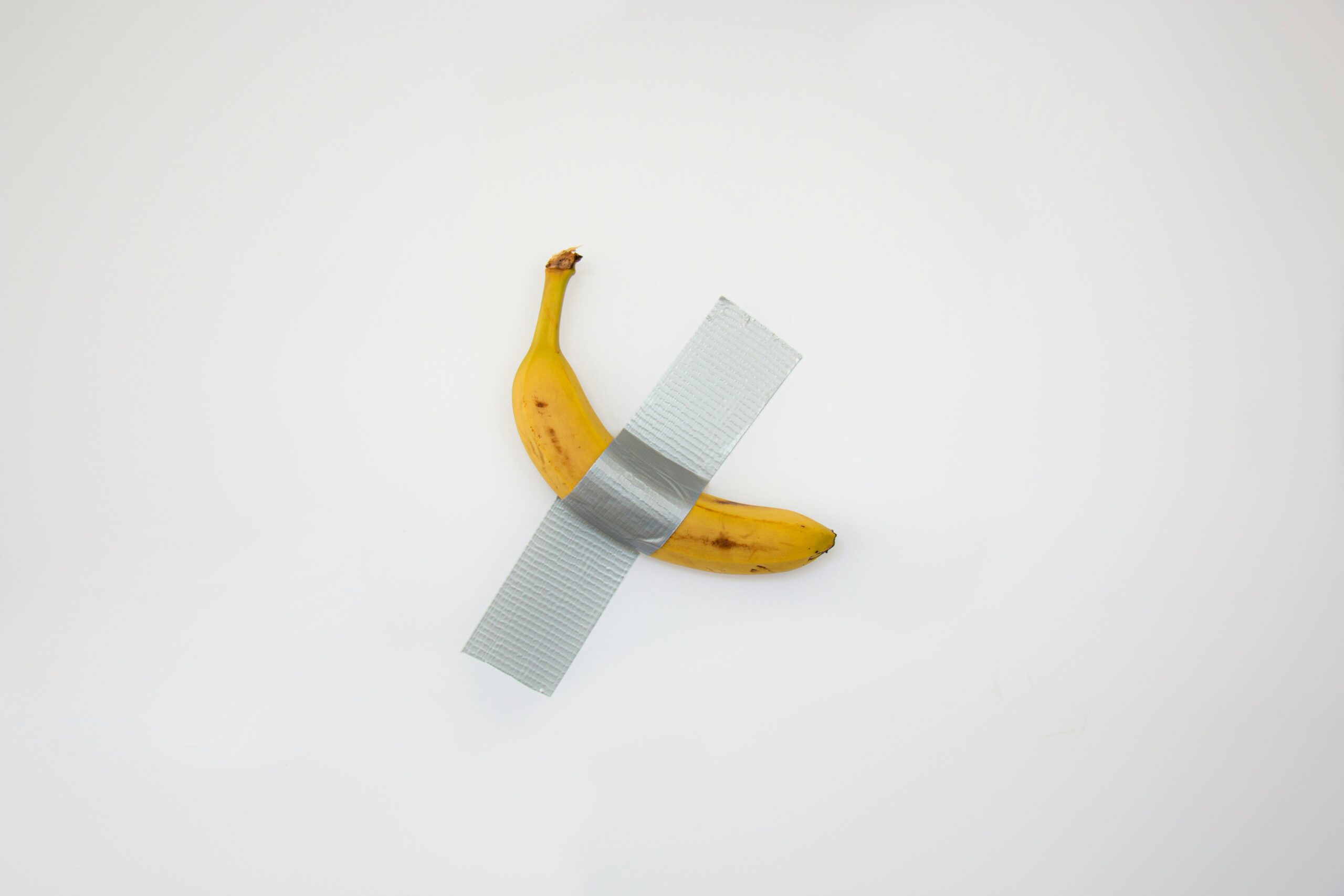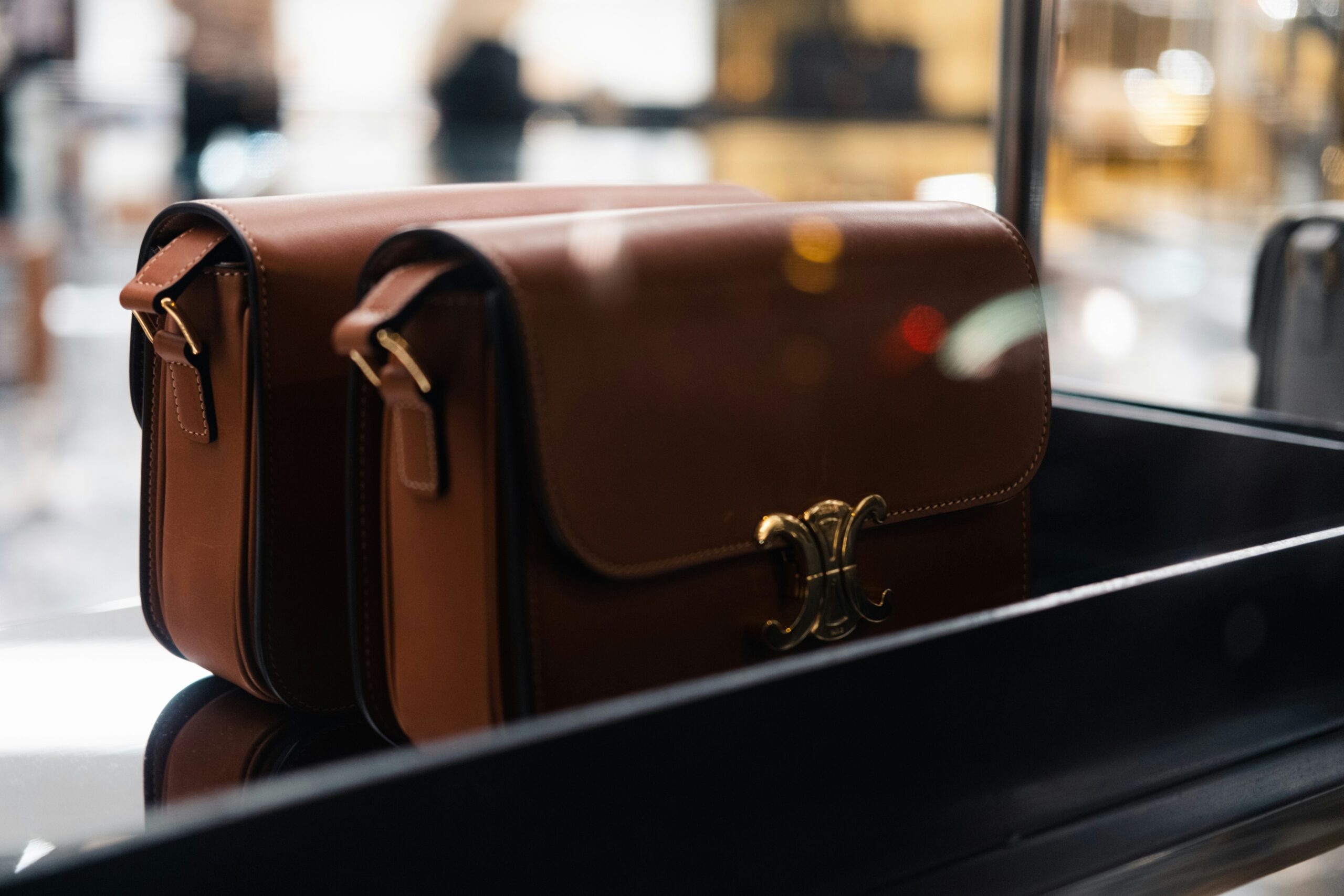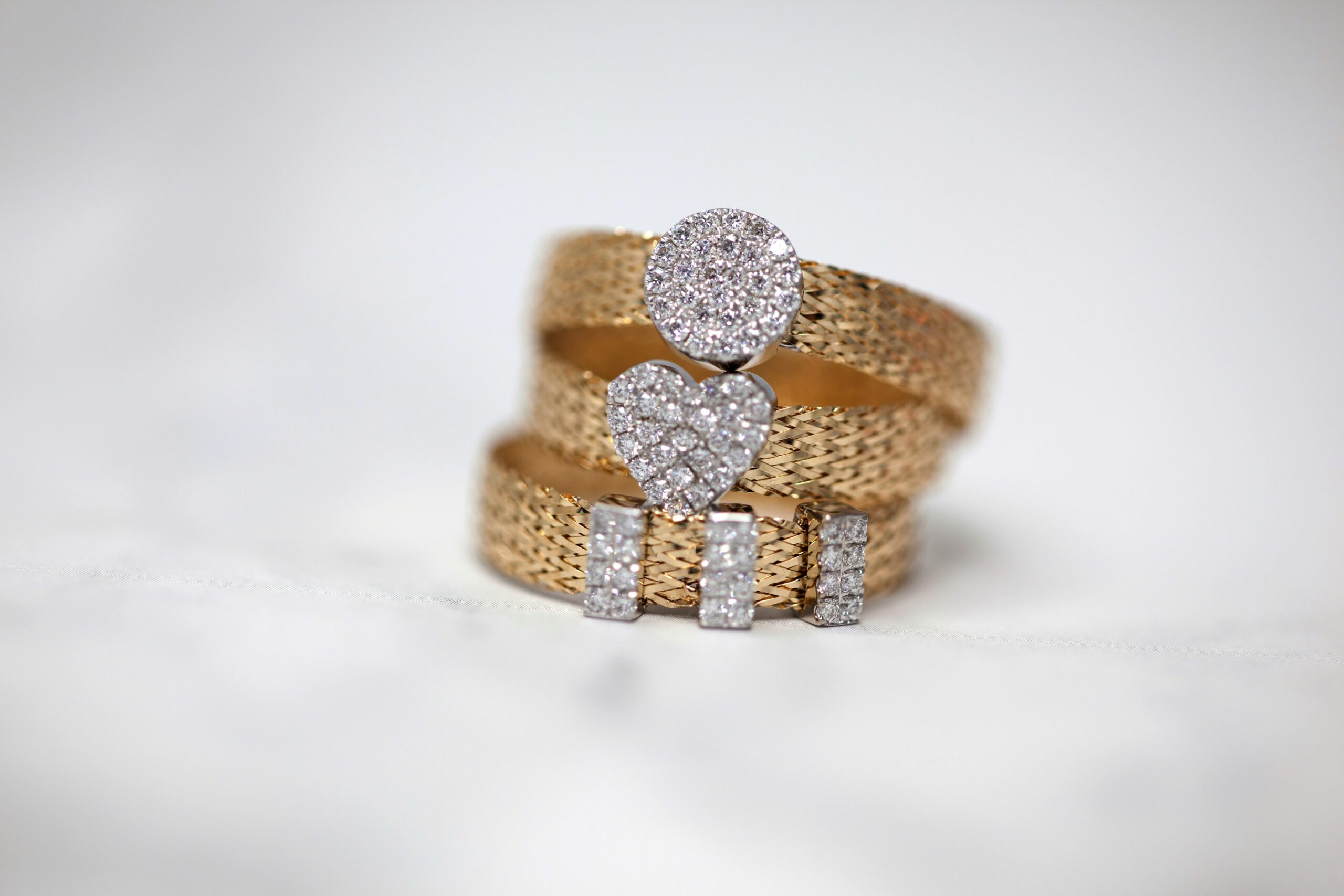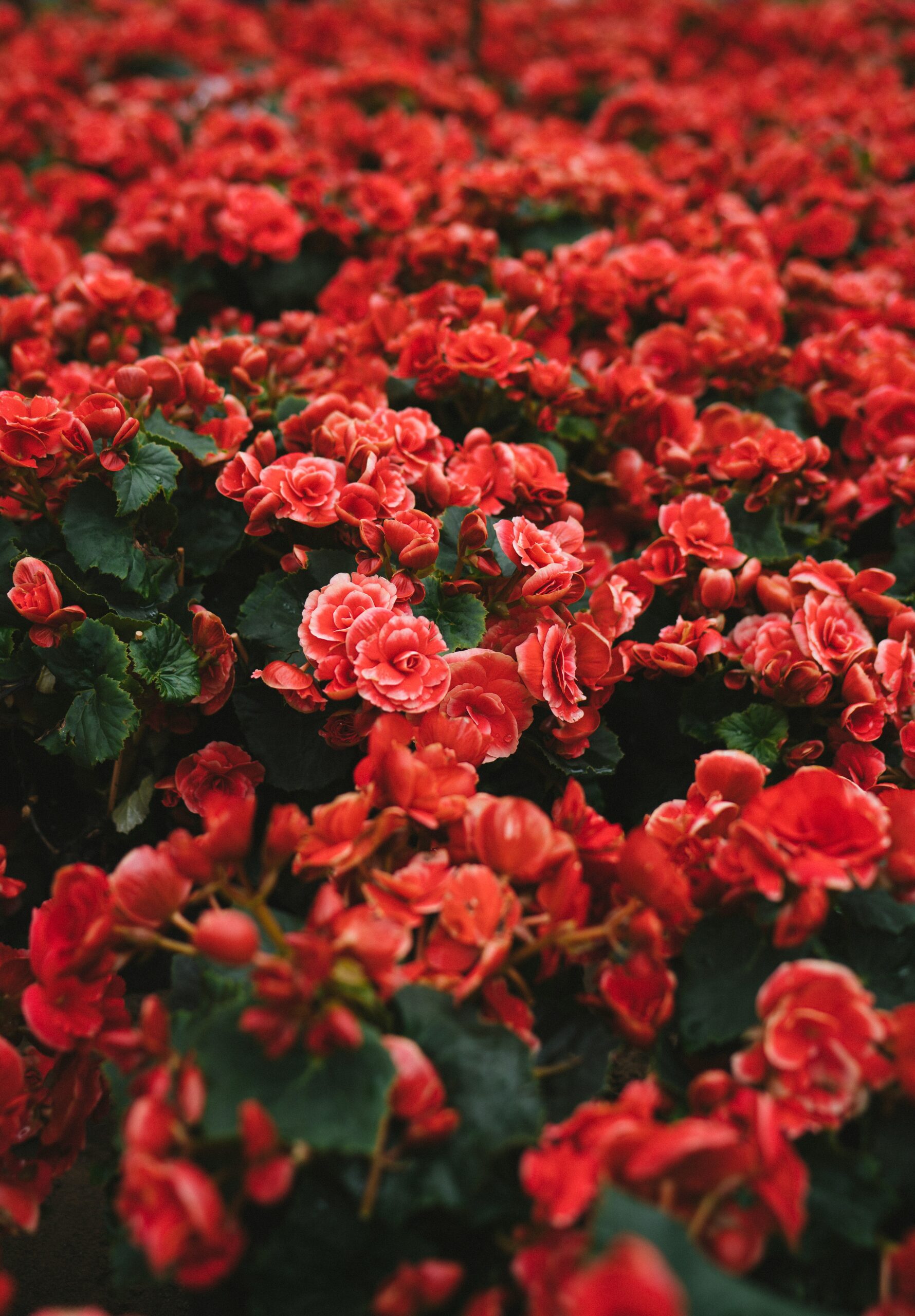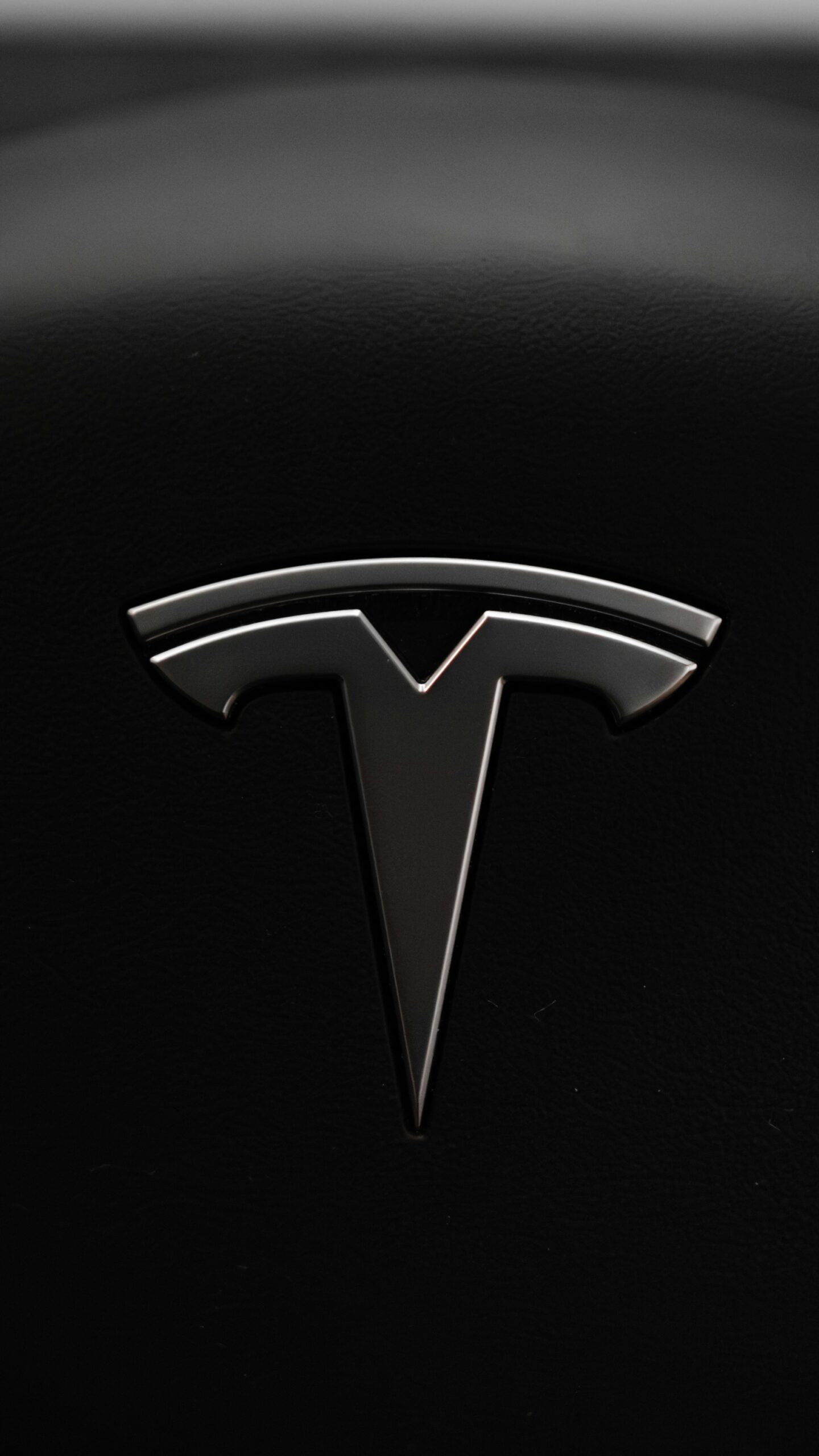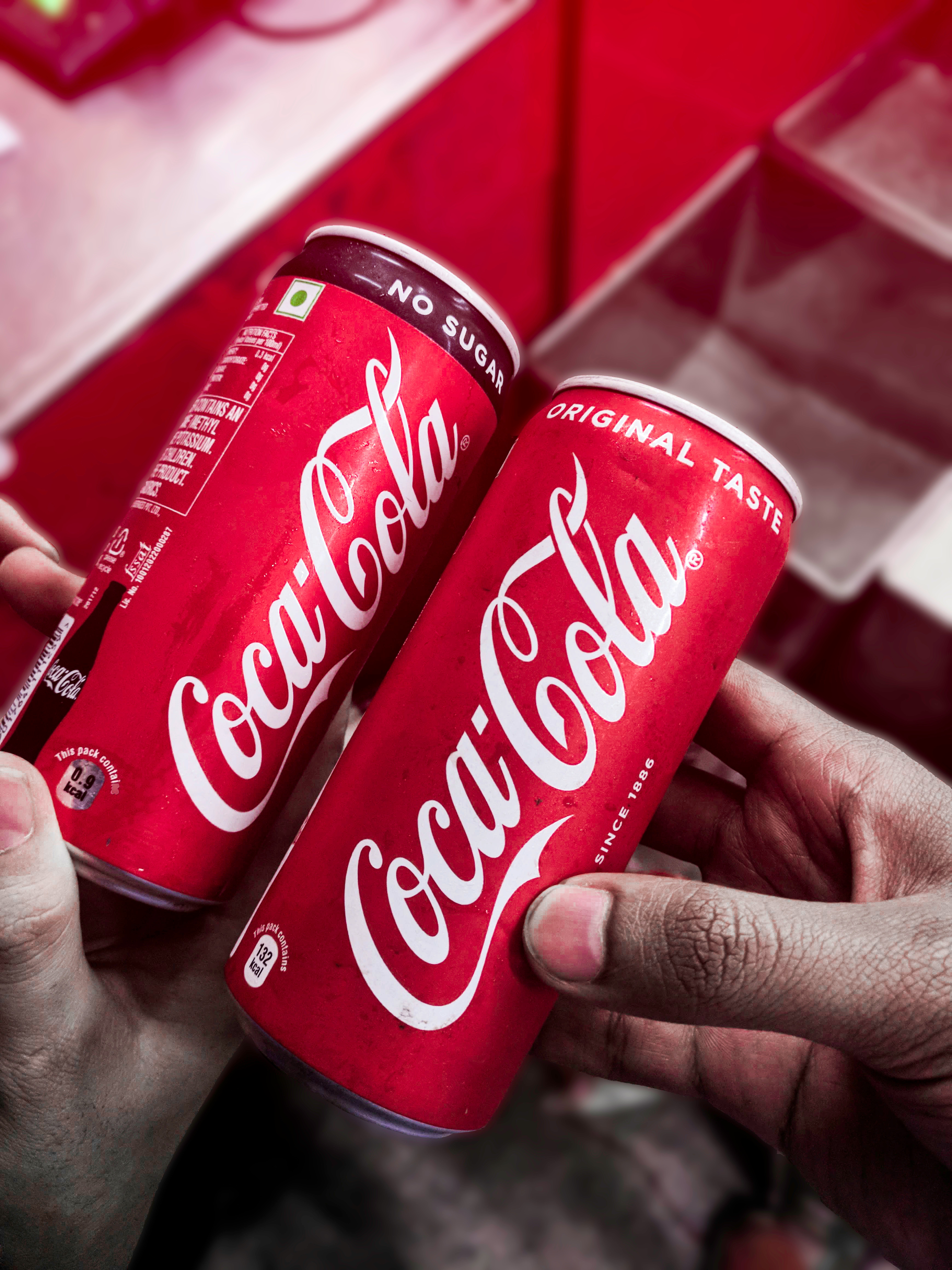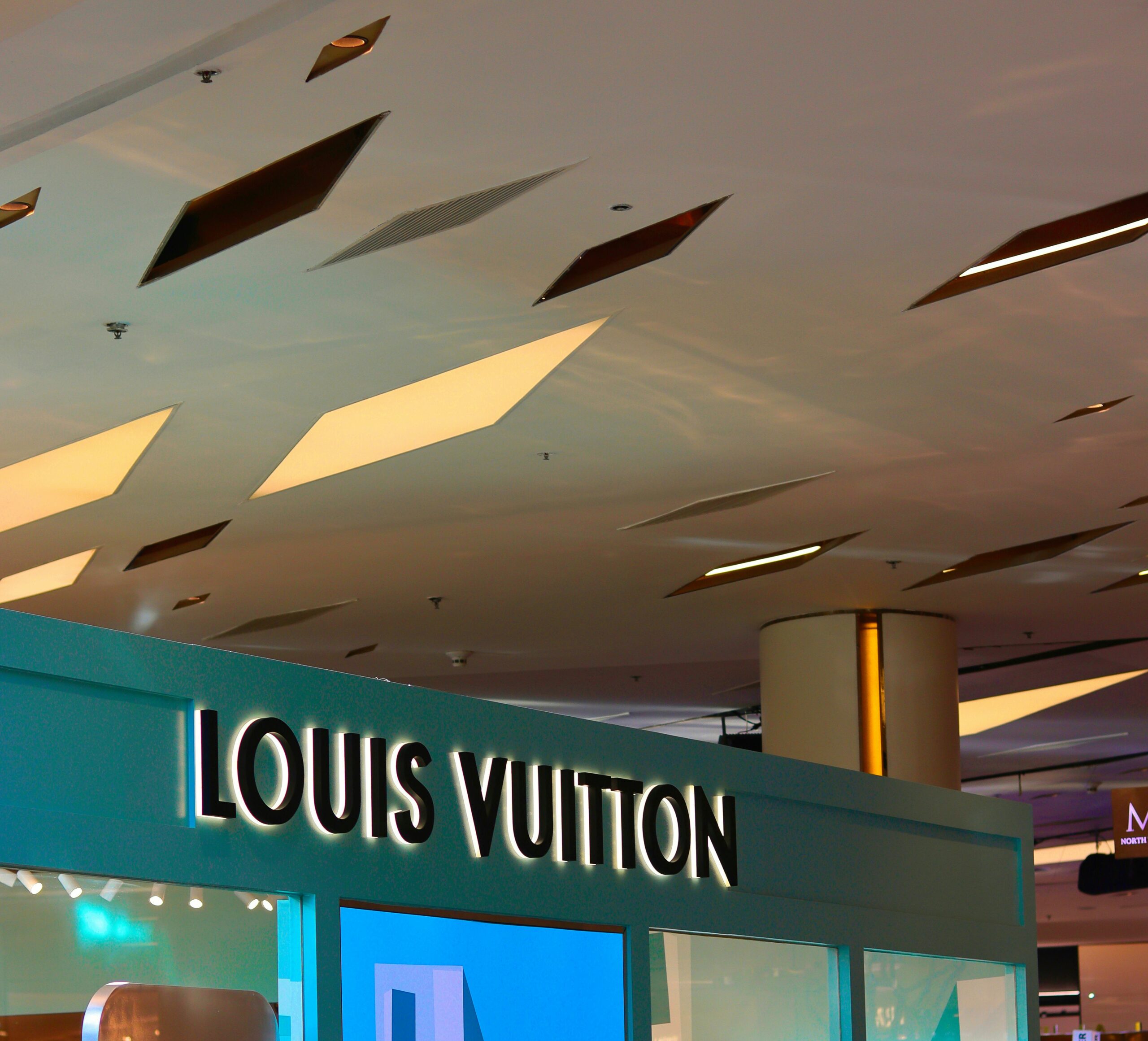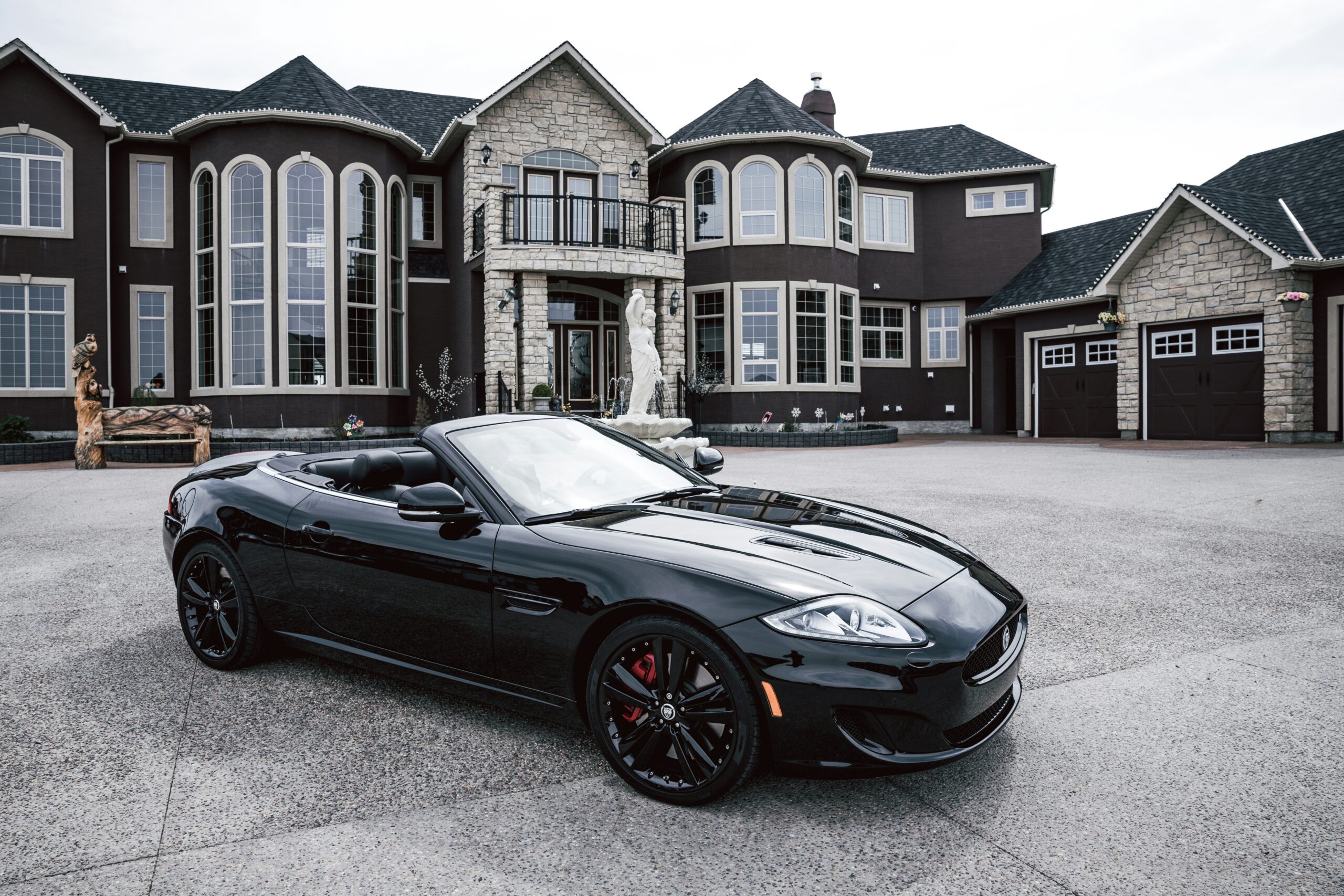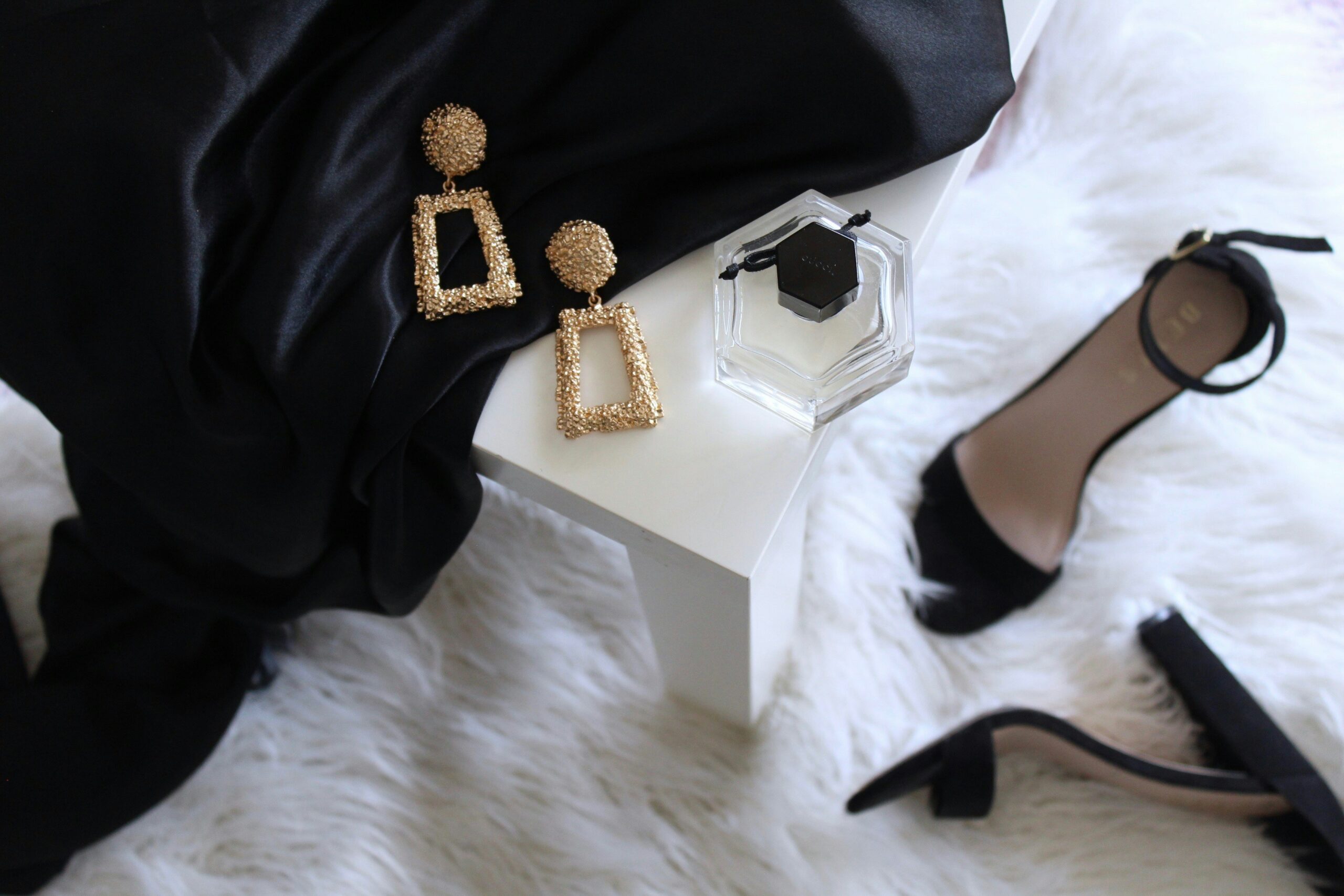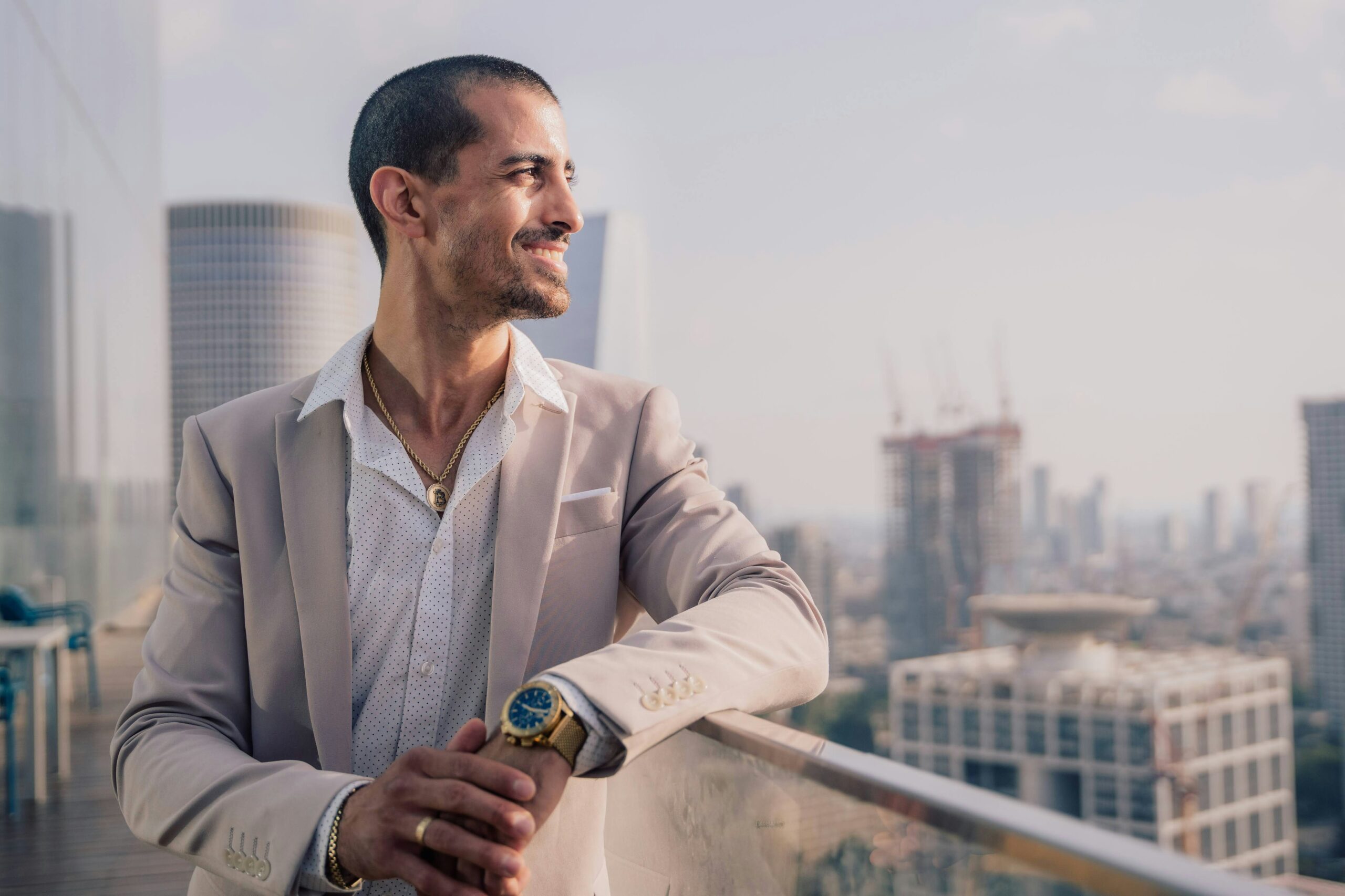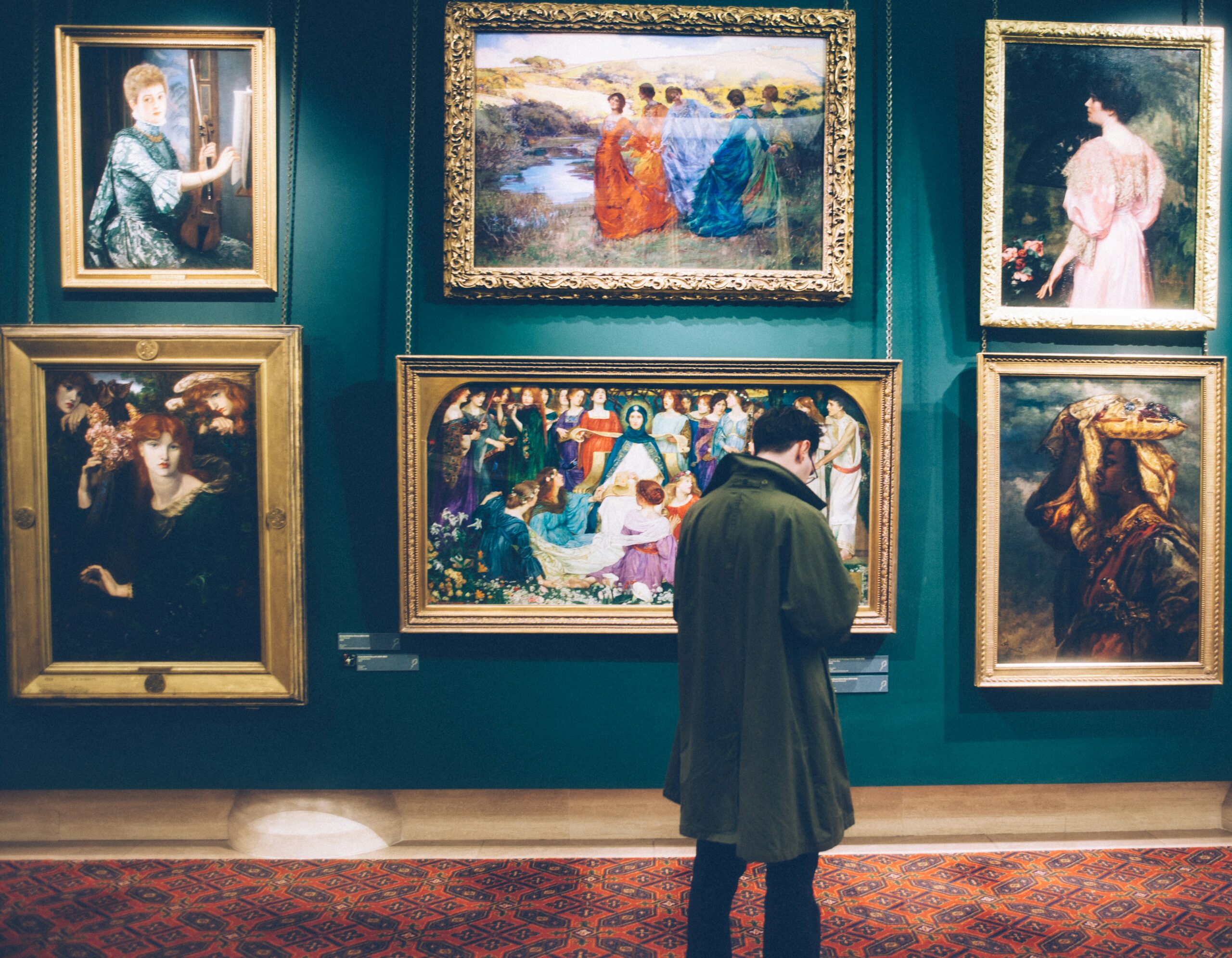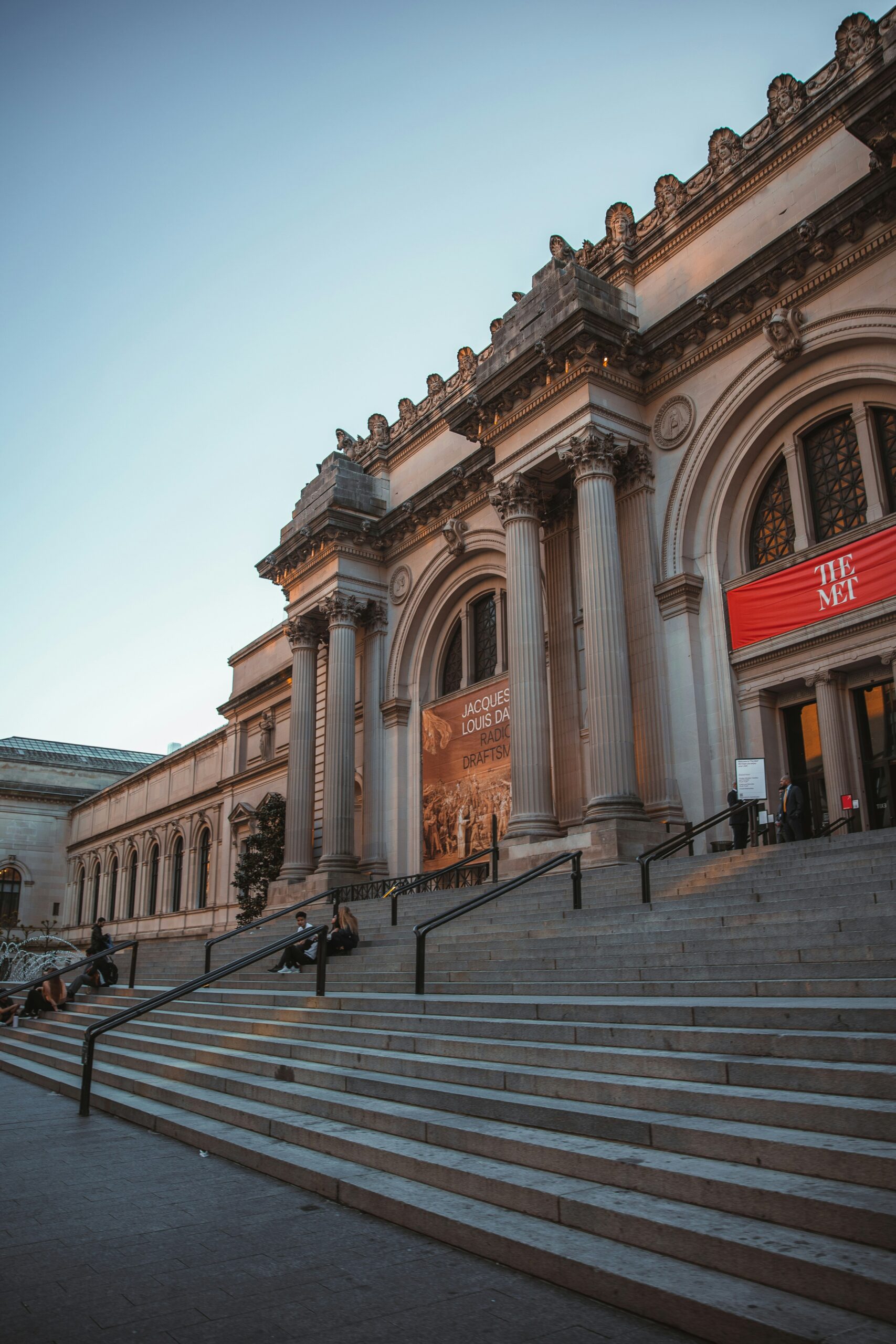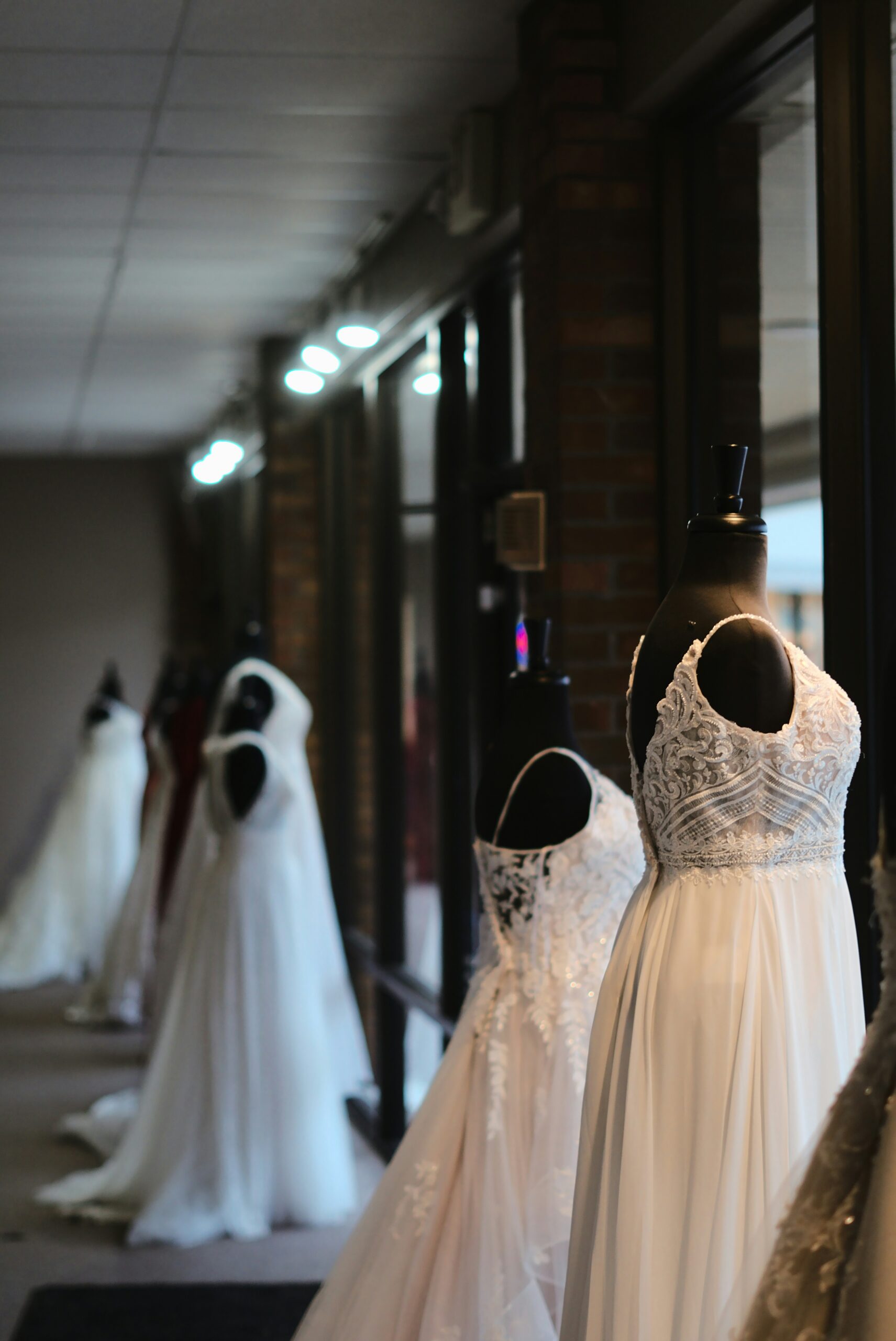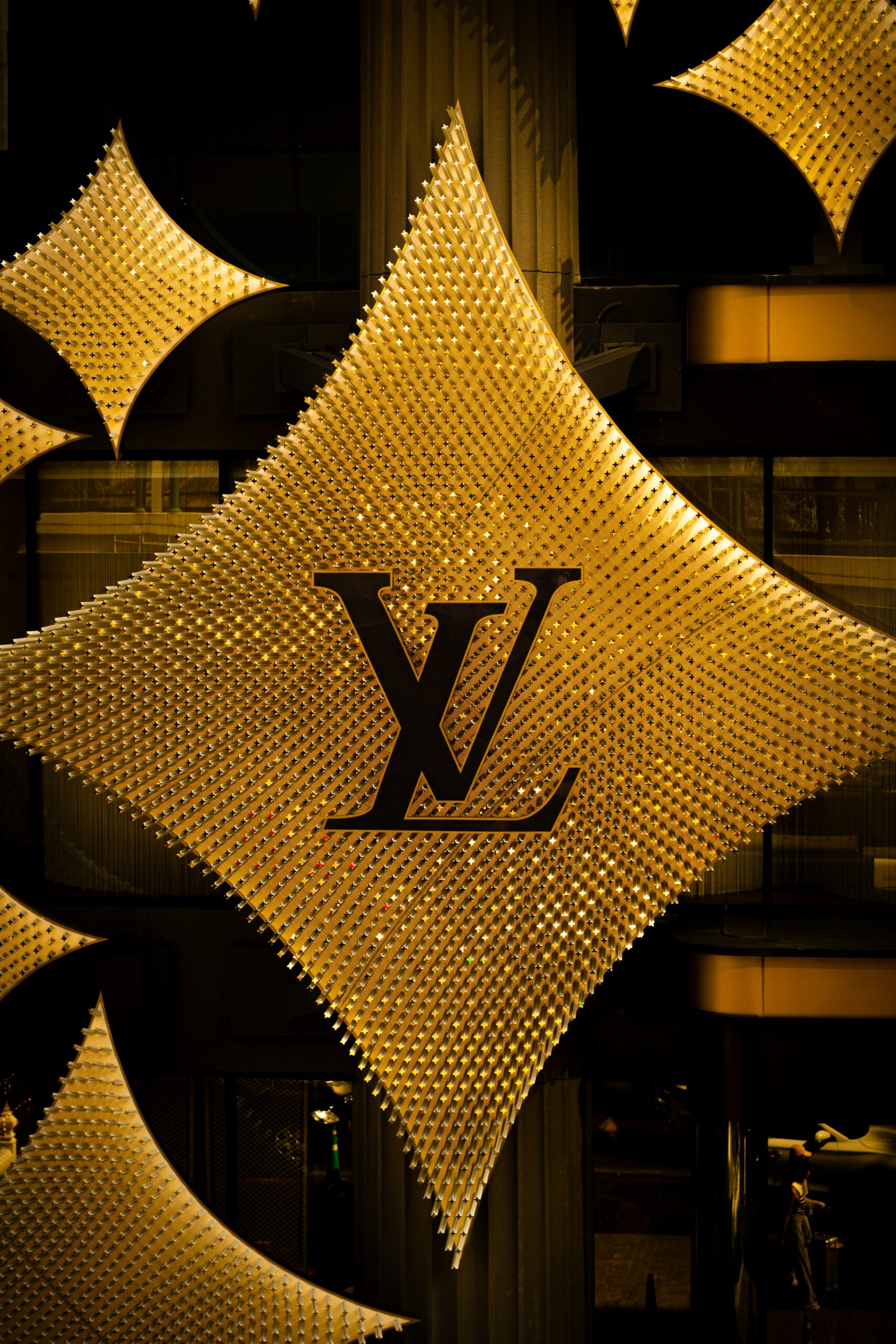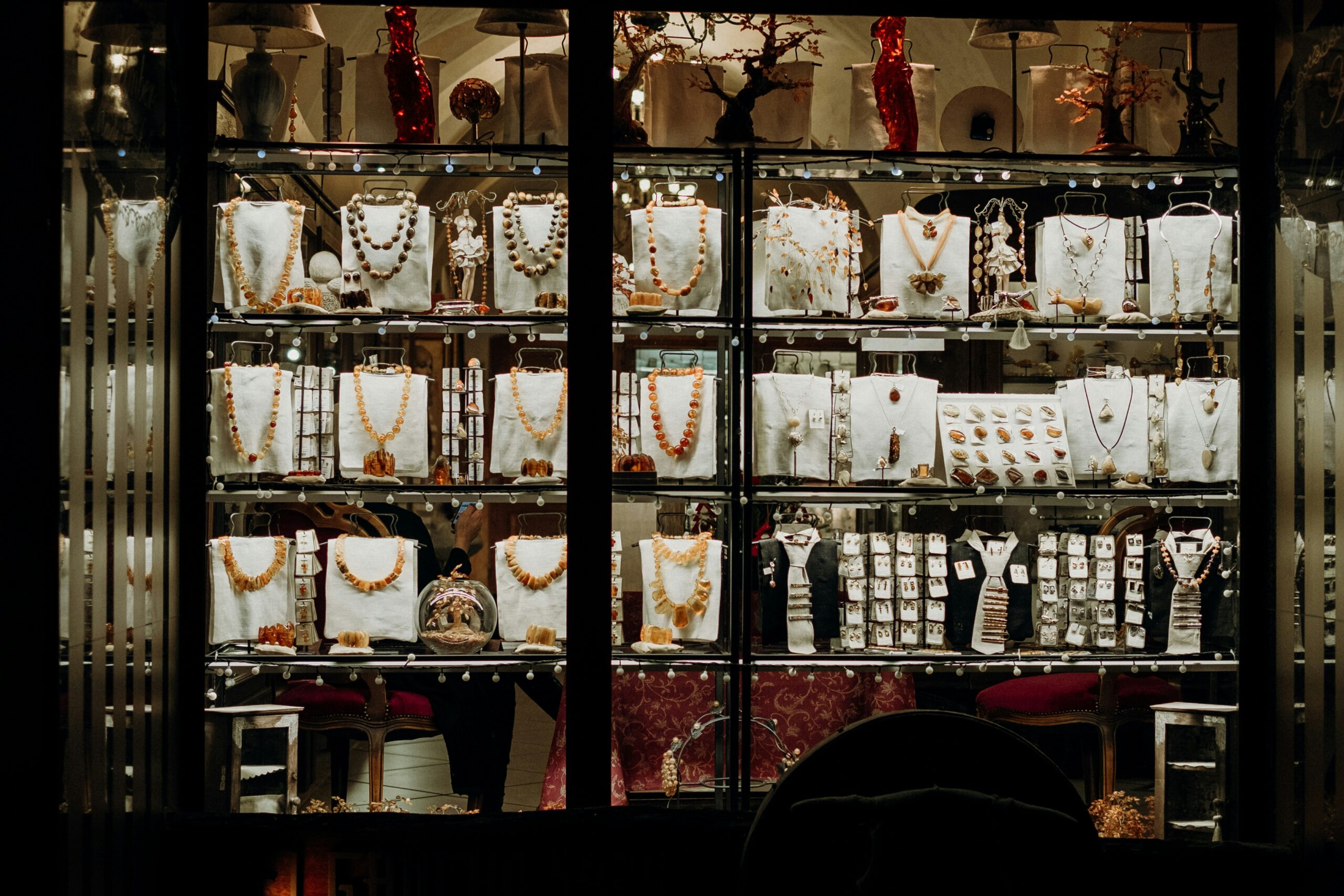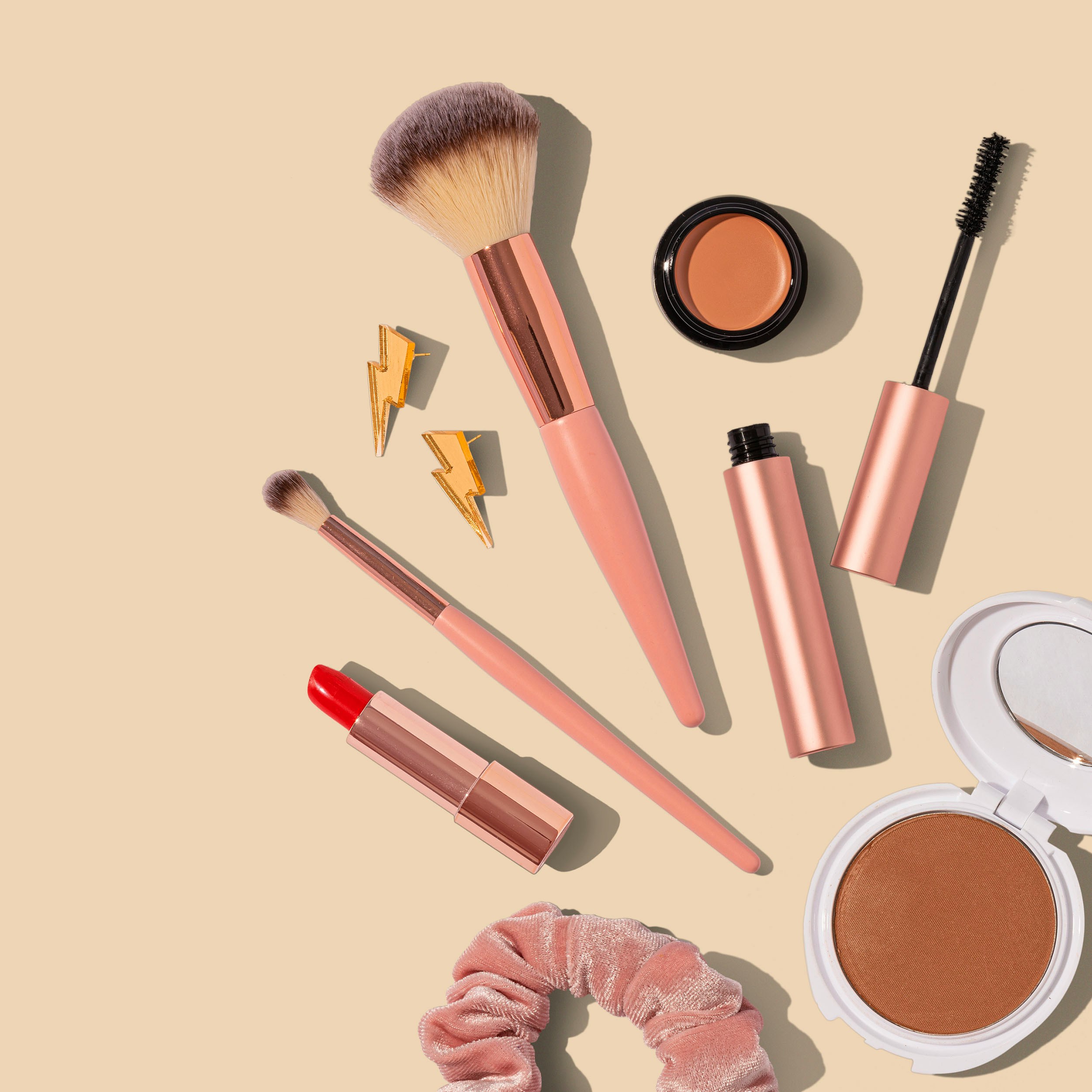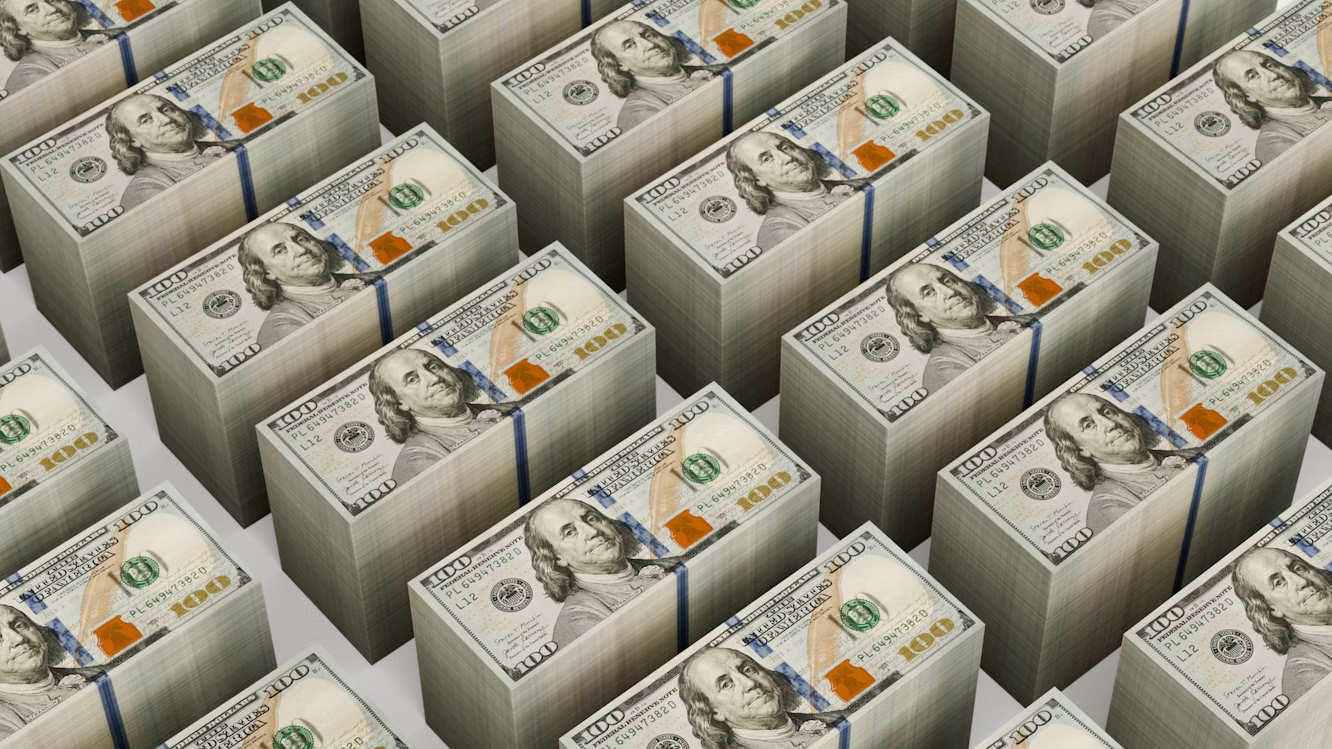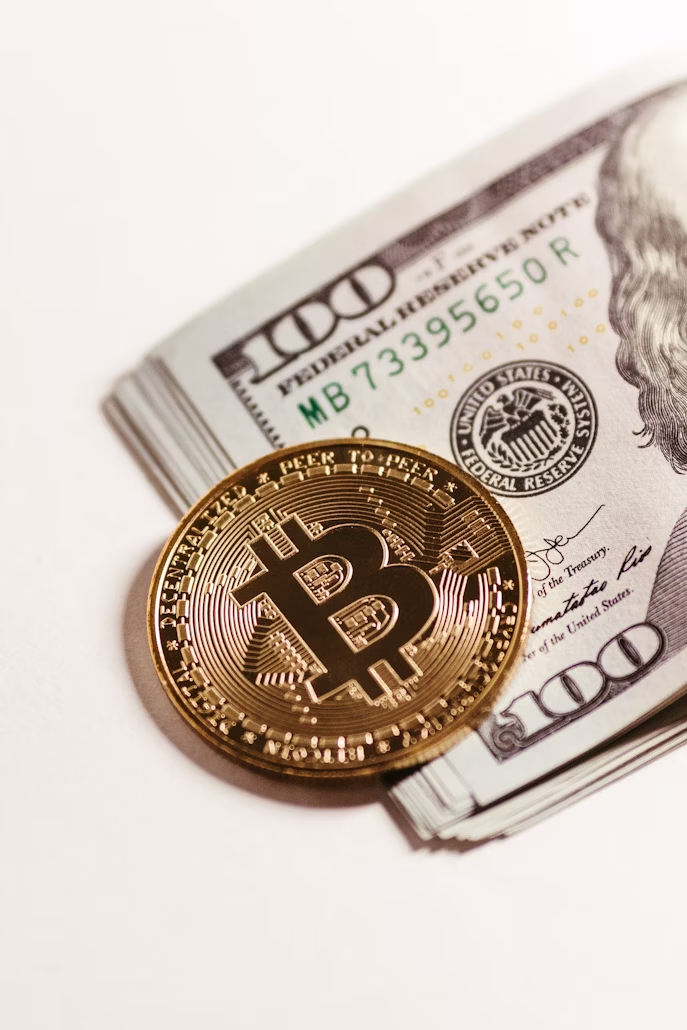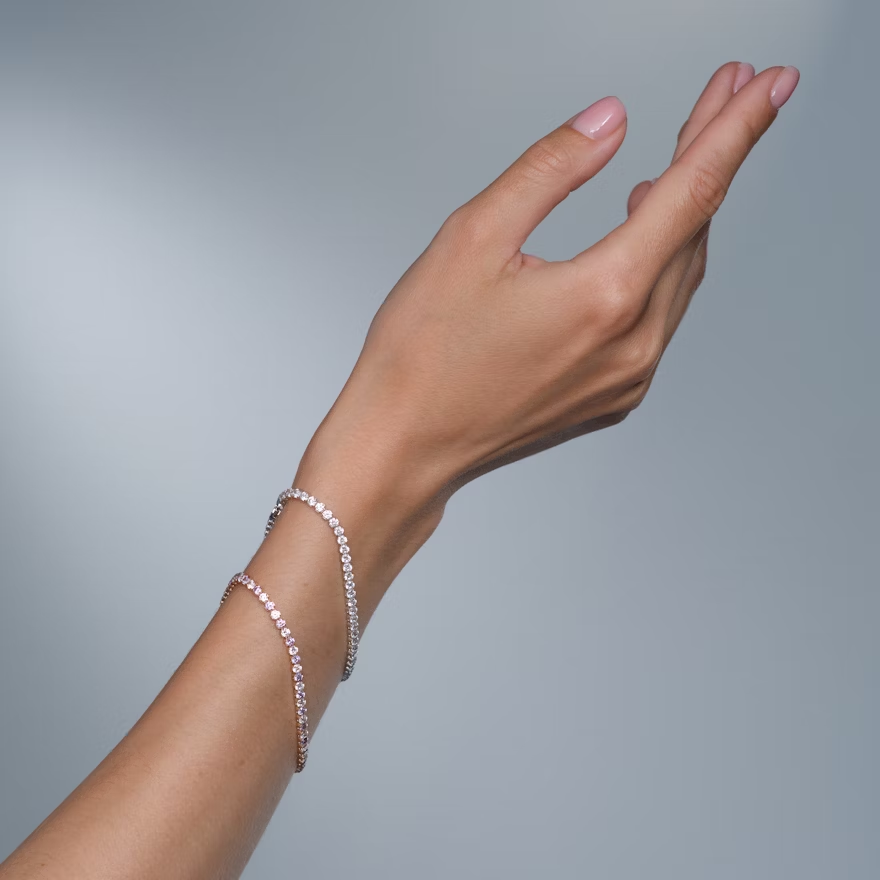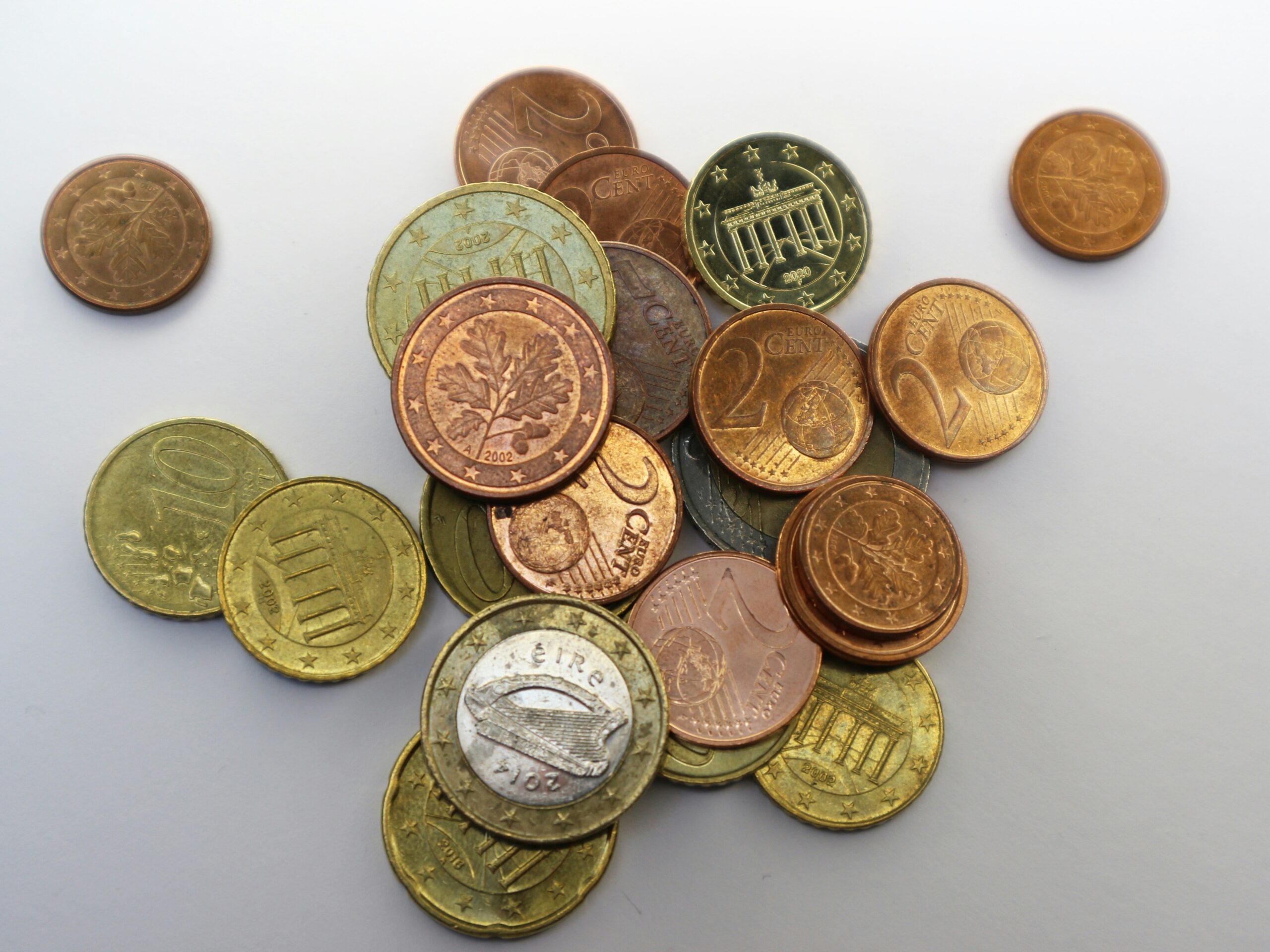Image credit: Unsplash
Self-made millionaires know how hard it is to build riches worth seven figures and understand the rigorous discipline necessary to keep it. To paraphrase the age-old saying: if you give someone one million dollars, they’ll have one million dollars; if you teach someone how to make a million dollars effectively, they’ll keep their million dollars and then some.
Toiling your way to wealth tends to breed financial discipline, which means passing on things you might want and can afford. That’s how you turn a small fortune into a large one. Contrast this with lottery winners, who are suddenly bequeathed a large sum of money and will inevitably squander it in all the wrong places.
Here are some key insights from self-made millionaires about making and keeping money.
Guarding Your Wealth
Brian David Crane is the founder and CEO of Spread Great Ideas, a multi-million dollar fund that invests capital “and sweat equity” into digital businesses and e-commerce brands. He’s helped launch four multi-million-dollar companies, including Archives.com, which Ancestry.com acquired for $100 million three years after its launch. His hard work paid off, and he’s now a self-made millionaire, but he doesn’t exactly live like one.
“I learned the hard way very early in my entrepreneurship journey that splurging without the correct checks and balances can make one a pauper,” said Crane. “When I sold my first company in my late 20s, I made some foolish investment decisions that brought me close to bankruptcy. I am lucky that I learned fast.”
He quickly learned not to splurge on superfluous items and continued to invest meaningfully, netting him more value and worth. Here are things he’s avoided.
Designer Luxury Brands
Celebrities are infamous for squandering their fortunes on shiny things and status symbols that social media influencers peddle without mentioning their depreciating assets.
“With truckloads of money, you may be enticed to buy the flashiest, trendiest stuff, whether apparel or cars,” he said. “Know and understand the importance of quality and cost. Remember that when you put depreciation costs into effect, the luxury brands can punch a hole in your pocket, which you could have used to buy quality apparel from a cheaper store. Extravagance may look good to the eyes, but you can do better by putting the same money into more appropriate investments.”
Mansions
“Most millionaires invest in luxury houses, only to find a way to flip them at a higher cost or rent it away and make some side money from the asset,” said Crane. “There is no point in splurging on huge houses if you are never going to use the eleventh bedroom or bathroom. The truly rich people become rich not by splurging but by investing in profitable, money-making assets that give them favorable returns over time.”
Ultra-Luxe Leisure and Entertainment
“Eating from gold-plated cutlery may look good on Instagram, but splurging to maintain your appearance and leisurely activities can waste resources,” said Crane. “High-end entertainment, like going on costly offshore vacations, eating from the choicest restaurants, or splurging on private jet travel, may look good in magazines, but the rags-to-riches millionaire always keeps a check on what he puts money on.”
He concluded, “In today’s world, where you can have the same experiences for a lot less, wasting money on these fleeting moments must be avoided.”
Avoid Little Luxuries That Add Up Over Time
Saying no to the obvious, big-ticket extravagance is the easy part. Sometimes, the greatest struggle (and the greatest detractor from your net worth) are the little monetary battles you must fight daily.
“Overpriced coffee shops are an indulgence I skip. At the end of the day, I steer clear of anything that depletes my savings without providing real, lasting personal value. The habits that got me here keep me grounded while still enjoying the important things.”











